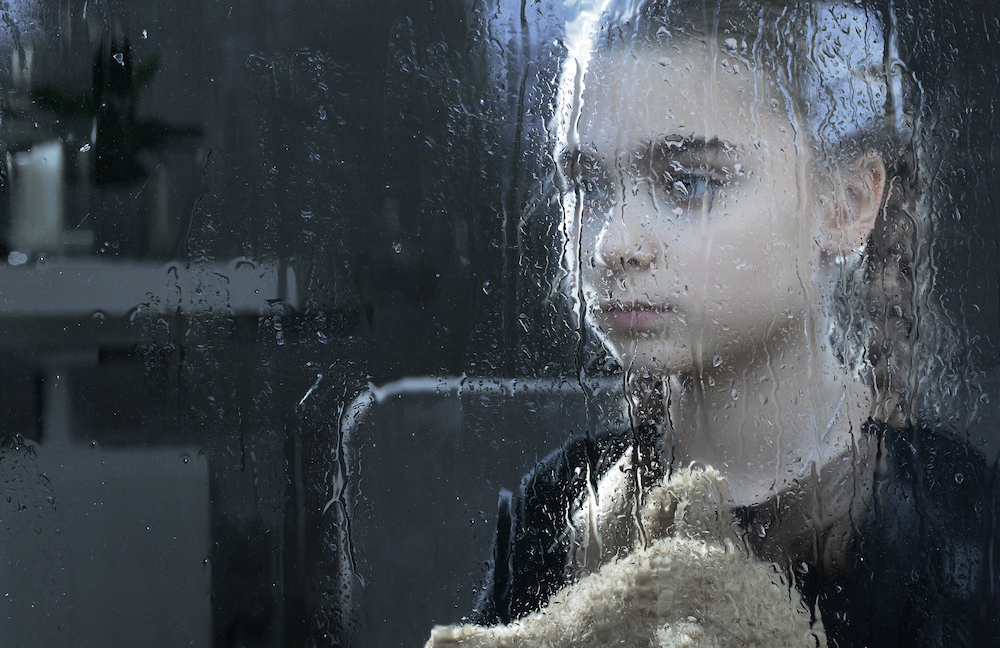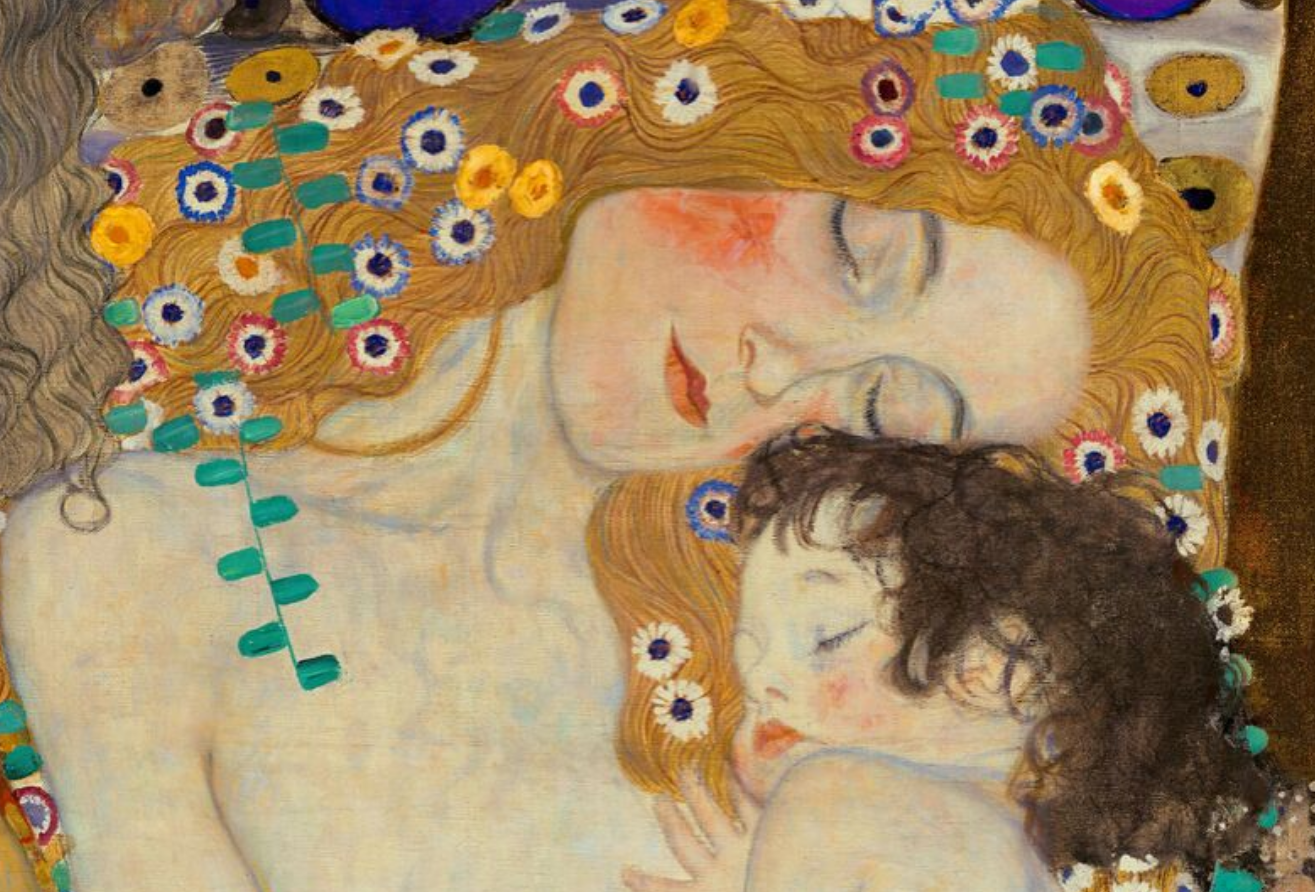Award-winner author J.K. Rowling uses a description that I find properly describes what depression feels and seems like. While she uses it to describe dementors (the guards of Azkaban’s prison), one has reasons to believe that she created dementors while she was suffering from her own depression, thus presenting a very vivid image of the disease:
“Dementors are among the foulest creatures that walk this earth. They infest the darkest, filthiest places, they glory in decay and despair, they drain peace, hope, and happiness out of the air around them. Even Muggles feel their presence, though they can’t see them. Get too near a Dementor and every good feeling, every happy memory will be sucked out of you. If it can, the Dementor will feed on you long enough to reduce you to something like itself — soul-less and evil. You’ll be left with nothing but the worst experiences of your life.”
― J.K. Rowling, Harry Potter and the Prisoner of Azkaban
Symptoms of Clinical Depression (also known as Major Depressive Disorder)
Timeline
Symptoms should be present for a minimum of 2 consecutive weeks.
Necessary presence of
- Either a depressed, sad mood
- Or a loss of interest or pleasure (apathy).
The presence of both sadness and apathy is also quite common.
Overall, five or more symptoms from the list below*:
- Depressed mood most of the day, nearly every day.
- Markedly diminished interest or pleasure in all, or almost all, activities most of the day, nearly every day.
- Significant weight loss when not dieting or weight gain, or decrease or increase in appetite nearly every day.
- A slowing down of thought and a reduction of physical movement (observable by others, not merely subjective feelings of restlessness or being slowed down).
- Fatigue or loss of energy nearly every day.
- Feelings of worthlessness or excessive or inappropriate guilt nearly every day.
- Diminished ability to think or concentrate, or indecisiveness, nearly every day.
- Recurrent thoughts of death, recurrent suicidal idealization without a specific plan, or a suicide attempt or a specific plan for committing suicide.
To receive a diagnosis of depression, these symptoms must cause the individual clinically significant distress or impairment in social, occupational, or other important areas of functioning. The symptoms must also not be a result of substance abuse or another medical condition.
*Source: American Psychiatric Association. (2013). Diagnostic and statistical manual of mental disorders (5th ed.)
What it is not:
Depression is not a desperate call for attention. It is not laziness, it is a disease. People who witness it should properly perceive it as a need for help, for understanding, and for professional support.
According to the World Health Organization, more than 300 million people are affected worldwide.
Depression can cause the affected person to suffer greatly and function poorly at work, at school and in the family.
At its worse, it can lead to suicide – suicide being the second leading cause of death in 15-29-year-olds.
Although there are known, effective treatments for depression, fewer than half of those affected in the world (in many countries, fewer than 10%) receive such treatments.
If you have any concerns about you or your loved ones, click here to get a one-time consult where you can ask and get an answer to all of your questions.






